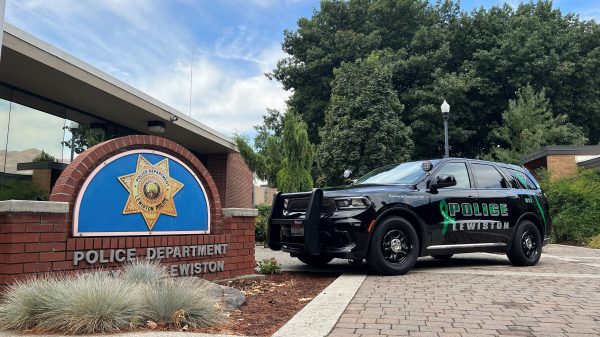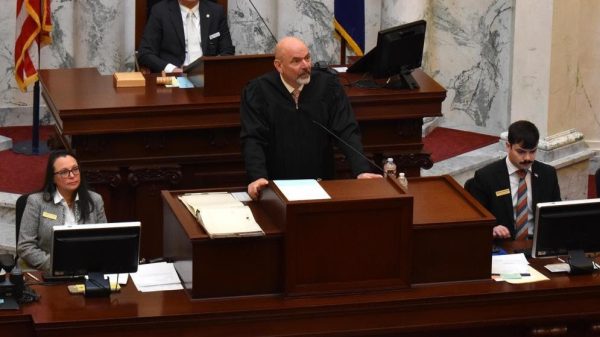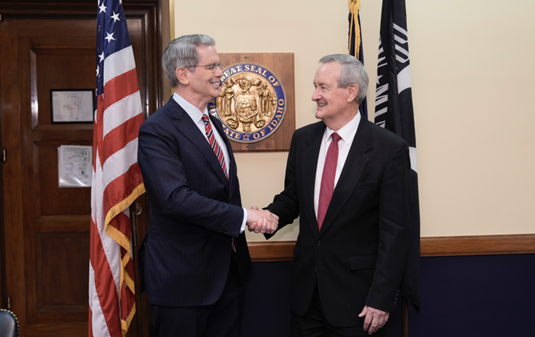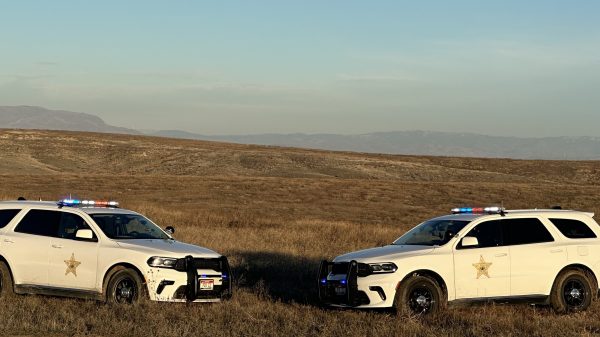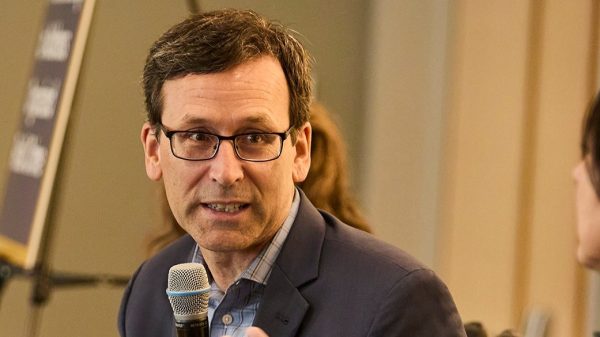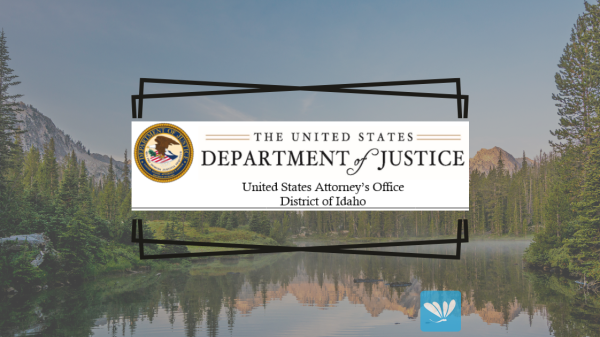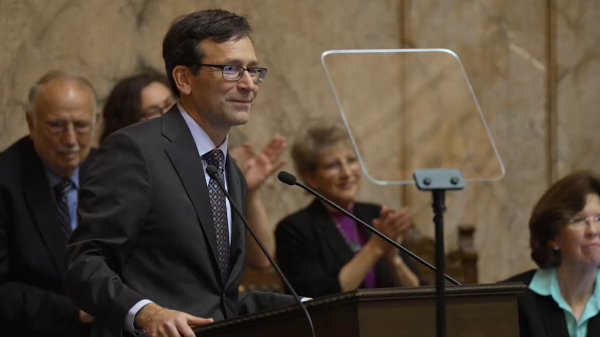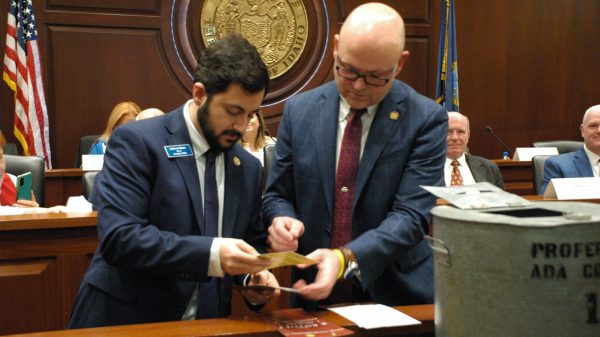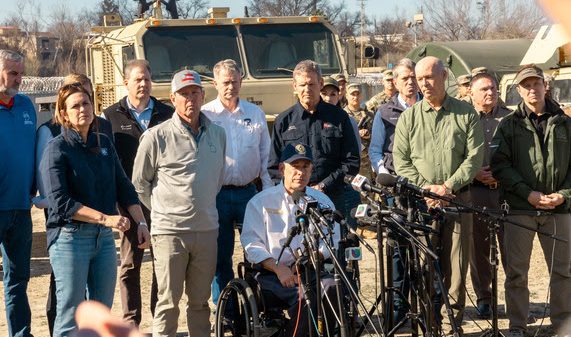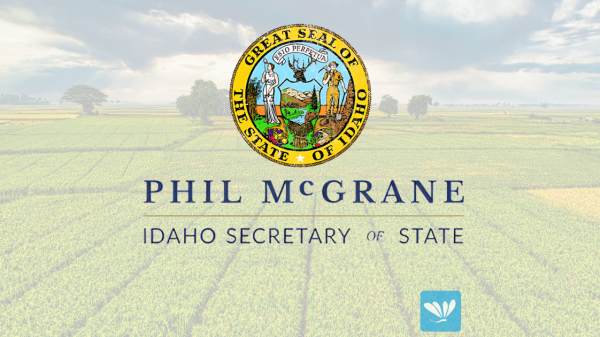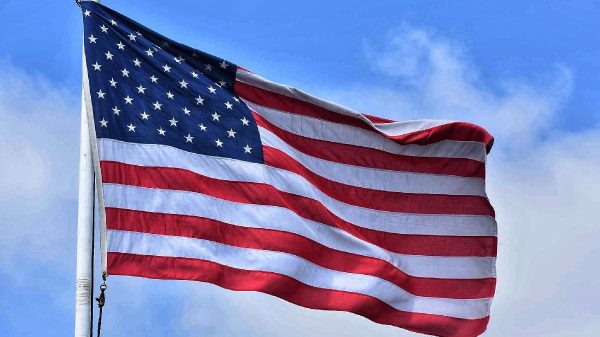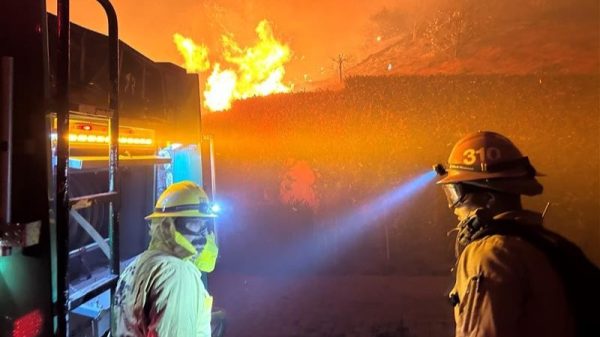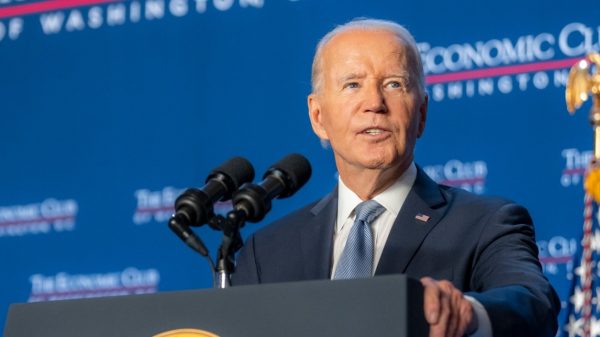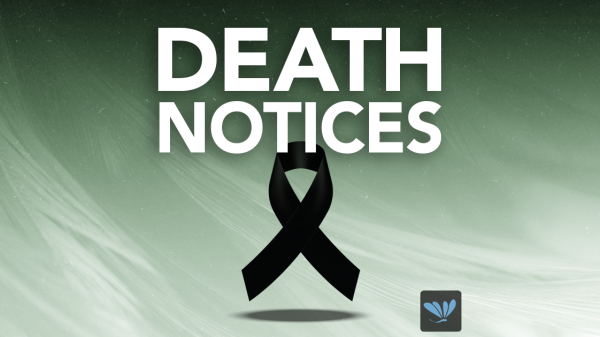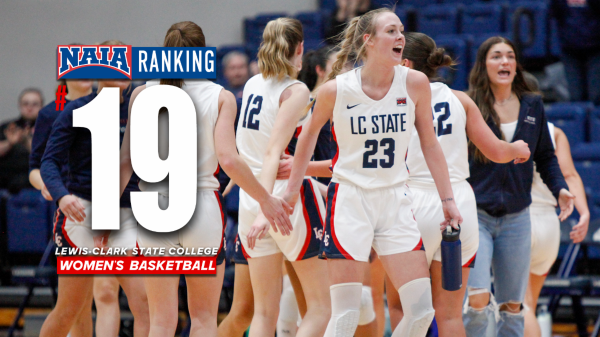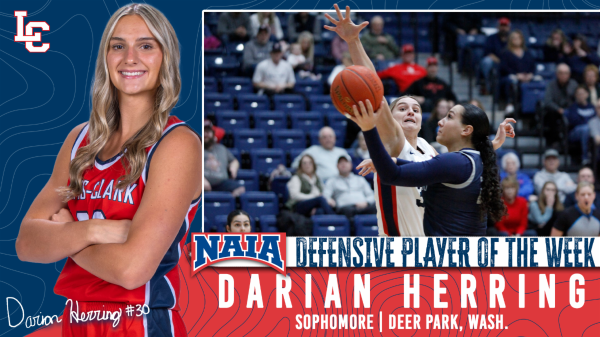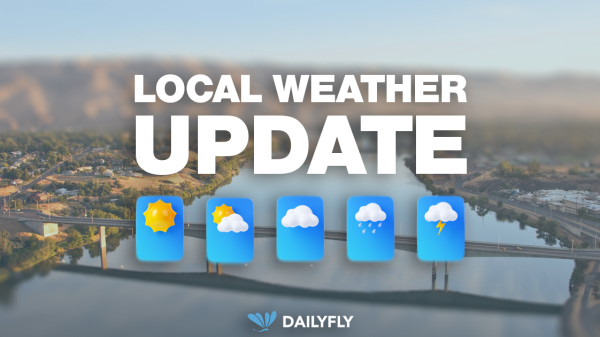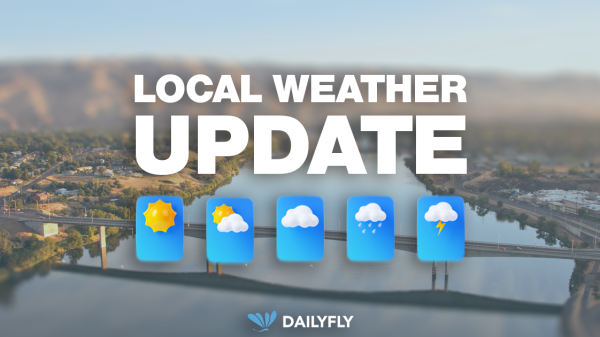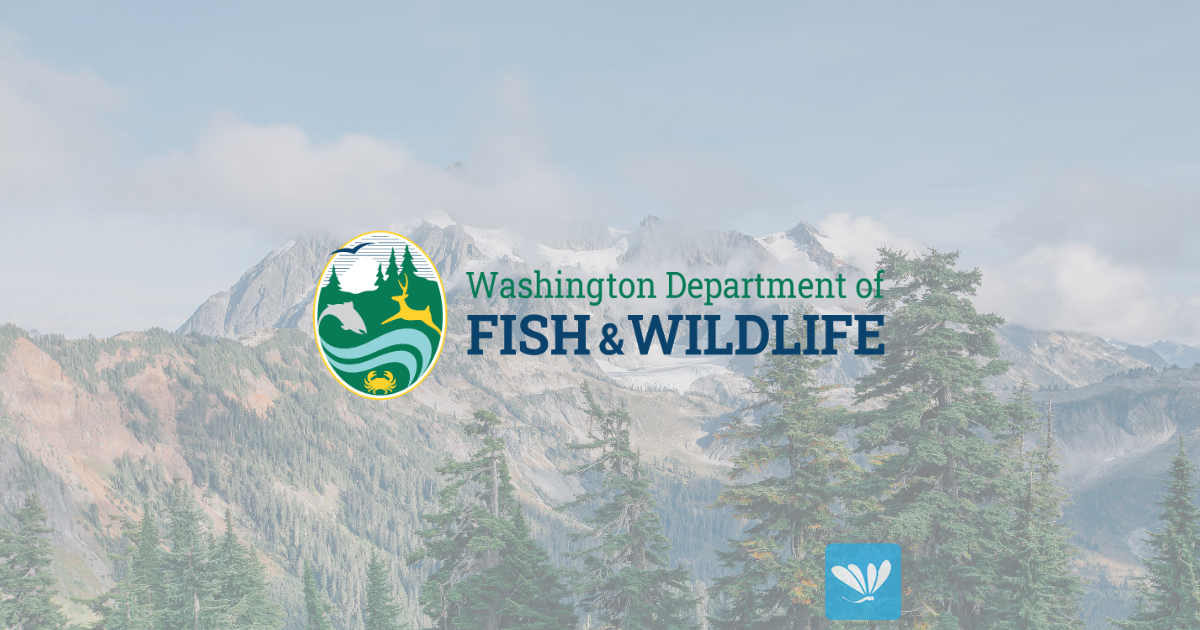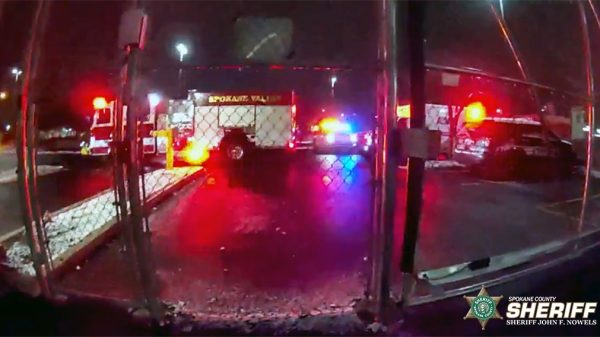OLYMPIA – The Washington Fish and Wildlife Commission will hold a hybrid meeting in Vancouver June 20-22 to hear public comment on proposed changes to cougar hunting seasons, discuss the state status of gray wolves, and decide on a recommendation to maintain bald eagle and peregrine falcon as recovered species in Washington.
The meeting will be held at The Heathman Lodge in Vancouver and will also be live-streamed, with webinar access available on the Commission webpage.
The Commission will convene Thursday, June 20 in Vancouver and online for Big Tent, Habitat, and Wildlife committee meetings. The Big Tent Committee is scheduled to discuss the draft Conservation and Best Available Science policies. Agenda topics for the Habitat Committee include riparian mapping and an overview of agency-owned and managed lands. The Wildlife Committee will discuss rule making about beaver habitat management and relocation and discuss next steps to codify an existing emergency rule related to trapping. The Committee will also receive an update on the Department’s Cougar Conflict Resolution Team.
The full Commission meeting will begin Friday, June 21 with an open public input opportunity followed by a report from Washington Department of Fish and Wildlife (WDFW) Director Kelly Susewind and Regional Director Rian Sallee. The Commission will then hear updates on the Resilient Columbia Basin Agreement and upcoming legislative session requests and budgets. In the afternoon, the Commission will be briefed by staff, hear public comment, and consider approving the land transactions for the Hunter Mountain North Project, Chesaw Inholding Addition, and North Willapa Bay and Estuaries Shoreline Project.
The Commission will then hear a briefing on a recreation strategy for WDFW-managed lands and the State Wildlife Action Plan. The Commission will also hear public comment on draft status reviews for bald eagle and peregrine falcon and decide whether to maintain the birds’ Washington conservation status as successfully recovered.
To conclude Friday’s meeting, the Commission will hear a WDFW staff report and open public input regarding proposed changes to cougar hunting seasons. In December 2023, the Commission accepted a public petition to initiate rule making for cougar seasons. During a meeting April 19, the Commission directed staff to develop a proposed rule that would set the season from Sept. 1 to March 31, set a cap of 13 percent of each population management unit (PMU) using a specific statewide density, and include all known human-caused cougar mortalities in determining when to close a PMU during the season. Additionally, in PMUs that reach the 13 percent cap prior to the cougar hunting season starting on Sept. 1, the cap would be increased to 20 percent of the population to provide hunting opportunity in those PMUs. This section would sunset at the end of the 2024-2025 season.
The Commission will reconvene Saturday, June 22 with an open public input opportunity followed by a WDFW staff report and discussion on the state status of gray wolves. The Commission will have a meeting debrief and discuss future meeting planning before moving to executive session at the end of the day’s agenda.
Those interested in providing verbal public comment during the meeting, either in-person in Vancouver or remotely via webinar or phone, need to register in advance.
All members of the public are invited to share their perspectives and participate in WDFW public feedback opportunities regardless of race, color, sex, age, national origin, language proficiency, religion, sexual orientation, gender identity and/or expression, status as a veteran, or basis of disability.
The full meeting agenda, including information about submitting public comment and accessing the hybrid meeting online or by phone, is available on the WDFW website. The meeting will be recorded and published on the Commission webpage so the public can watch afterward at their convenience.
The Washington Fish and Wildlife Commission is a panel appointed by the governor that sets policy for WDFW. WDFW works to preserve, protect, and perpetuate fish, wildlife, and ecosystems while providing sustainable fish and wildlife recreational and commercial opportunities.











